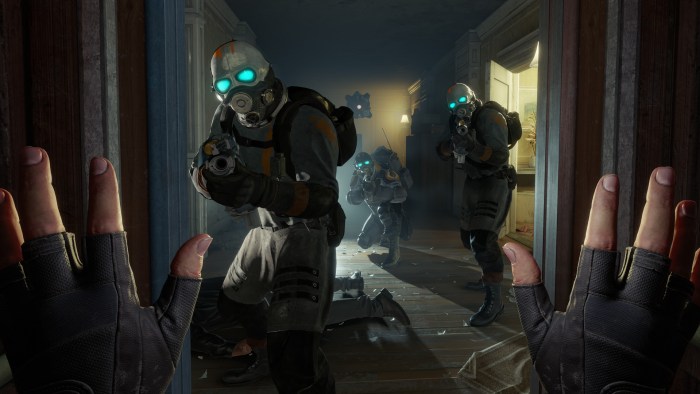The death of VR is a topic that pops up from time to time (much like the death of PC gaming was a big talking point in the last decade), with reputable websites publishing their takes on the subject whenever they seem to need clicks on slow news days. Earlier this year we had the BBC saying that something went wrong with VR because virtual reality hardware received little attention at CES (never mind that all the big players had released their hardware the previous year), and in the past two weeks, I’ve read at least two different articles that proclaim Half-Life: Alyx wasn’t the “killer app” VR needs, based on concurrent player numbers (which beat all previous VR-only records, sitting at 42,858 peak concurrent players), staying power (which, for a single-player game with no online component or new game plus features, shouldn’t say a lot) and a perceived lack of conversation surrounding the game (never mind that Youtube videos discussing Alyx‘s implications for the future of the franchise are everywhere, and that there’s a pretty healthy amount of Twitter buzz surrounding all aspects of the game).

If that wasn’t enough, another common talking point among those who are yet again proclaiming the death of VR, and Half-Life: Alyx‘s failure as a “system seller” is that they haven’t been able to measure an increase in VR hardware sales in the wake of the current COVID-19 pandemic, a point that would make a lot of sense if it wasn’t for the fact that the most popular headsets have been sold out since the game was revealed, and every time manufacturers restocked their supply of Oculus Quests, Rift S, or Valve‘s own Index, their websites would suffer an enormous influx of new customers, cleaning virtual shelves in a matter of minutes, and leaving them empty again for the foreseeable future. If that doesn’t speak to Alyx‘s potential as a system seller, then what does?
So yeah, I wouldn’t put too much stock in the words of people that don’t seem to be informed in the current state of the VR landscape. The latest data from the Steam hardware survey revealed that at least a million people own virtual reality headsets and have connected them to Valve‘s global distribution platform in the past month, a very respectable number, considering the difficulties people are encountering when it comes to actually acquiring the most popular VR devices in the market.

